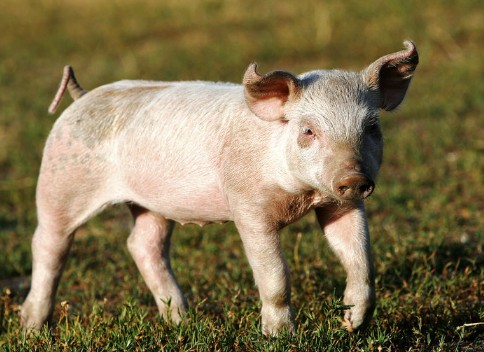
Tel:717-5587307
Email:sales@Kernelkits.com
Products |
Haemophilus parasuis HPS ELISA
HPS is a commensal organism of the upper respiratory tract of pigs. Fifteen different serotypes have been identified so far. Serotypes 1, 5, 10, 12, 13 and 14 are the most virulent. Under appropriate conditions virulent strains can cause a severe systemic disease known as Glässer’s disease. Clinical signs and lesions vary depending on the immune status of the animals and the virulence of the strain. Systemic infection of naive animals with virulent HPS strains is characterized by high fever, lethargy, swollen joints, coughing, dyspnoea, and central nervous system signs, such as trembling and paddling. Glässer’s disease may be controlled with antimicrobials and prevented by vaccination. Diagnosis of HPS infections is based on clinical signs, lesions at necropsy, and detection of the organism by isolation or PCR. Detection of HPS circulating antibodies may be useful to diagnose HPS infection in animals which have demonstrated suspect clinical signs or to evaluate levels of maternally derived antibodies prior to vaccination or antibody response after vaccination. |



